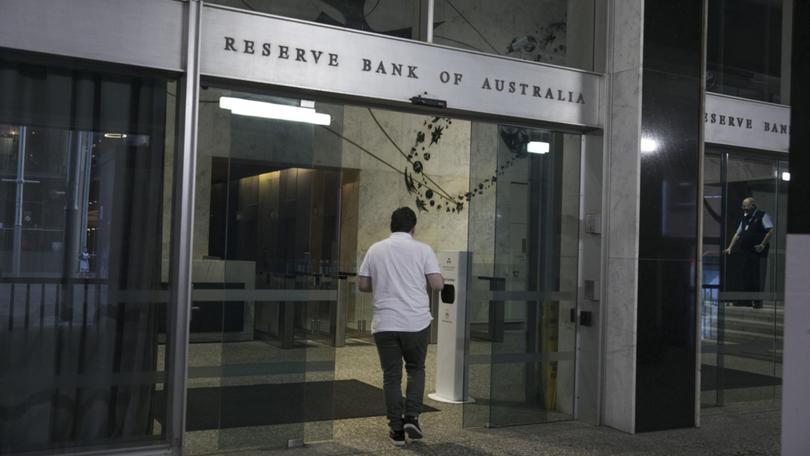RBA reforms hit impasse amid dispute over make up of boards
The Federal Government and Opposition coalition are at an impasse over the composition of the Reserve Bank’s new monetary policy committee.

The Federal Government and Opposition coalition are at an impasse over the composition of the Reserve Bank’s new monetary policy committee, potentially derailing legislation needed to underpin changes to the institution.
Treasurer Jim Chalmers said Monday he wants an “element” of continuity whereby the current six independent directors would either join the committee or a new governance board at the central bank. The Liberal-Nationals want the current board to simply transition to the new committee.
“There is a difference of opinion — let’s be upfront about it — with the Opposition,” Mr Chalmers said at a business summit in Sydney. “I think we need an element of continuity on both new boards, not just one.”
Sign up to The Nightly's newsletters.
Get the first look at the digital newspaper, curated daily stories and breaking headlines delivered to your inbox.
By continuing you agree to our Terms and Privacy Policy.The proposed changes follow a wide-ranging review of the central bank that has already been partially implemented, including a reduction in the number of board meetings, post-meeting press conferences and hiring a chief operating officer.
However, a second part — related to establishing the governance board and committee and other changes — needs to be underpinned by legislation.
Mr Chalmers wants an agreement with the Opposition to make the necessary amendments to the Reserve Bank Act 1959, without needing to bring in smaller parties like the Greens that may demand more radical changes.
The Treasurer said Monday that all six current members will be asked which board they would like to be on, as that is a “respectful way” of going about it.
“I believe in continuity when it comes to those board members. I hope every single one of them continues to serve on one of the two boards,” he said.
The Opposition said it would only support the reform if all six external RBA members are moved to the new monetary policy committee. It fears the Treasurer wants to use the overhaul to add Labor-aligned figures to the rate-setting committee.
The Opposition is also concerned that moving current members to the governance board could hurt monetary policy decision-making at a time of elevated inflation and with the cash rate at a 12-year high of 4.35 per cent.
If Mr Chalmers is unable to secure parliamentary support for the amendments, it will leave his overhaul of the central bank only half done. Prior to the review of the RBA, there had been calls to limit changes to areas that didn’t require amending the Act in order to avoid Australia’s current febrile political environment.
Failure to pass the amendments will be another disappointment for the ruling Labor party and may raise questions over Mr Chalmers’ reform credentials. For the RBA, it will likely mean little change and business continuing as usual.
Mr Chalmers’ comments Monday appeared somewhat at loggerheads with RBA governor Michele Bullock, who said last month that she had an assurance from the Treasurer that many of the existing board members will be reappointed to a new monetary policy committee.
A senate inquiry into the legislation is due to release its final report on March 21.
The RBA declined to comment.
Bloomberg
Originally published as RBA reform Bill hits impasse amid political dispute over make up of boards
